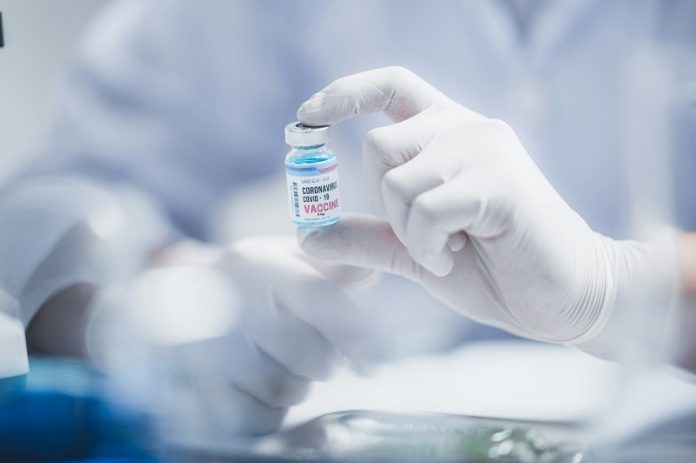
Scientists are uncovering more about why some people suffer from Long COVID, a condition with lingering symptoms after recovering from COVID-19.
New research suggests that autoimmunity, where the body’s immune system mistakenly attacks its own tissues, might be a cause.
Researchers have several ideas about why Long COVID occurs.
These include leftover virus remnants, reactivation of old viruses like Epstein-Barr, tissue damage from the initial infection, and autoimmunity.
This new study provides strong evidence supporting the autoimmunity theory.
In the study, researchers took antibodies from Long COVID patients and injected them into healthy mice.
These mice then showed symptoms like increased pain sensitivity and dizziness, similar to those reported by Long COVID patients. This is one of the first studies to show a direct link between these antibodies and Long COVID symptoms.
“We’re excited to have a way to study and learn more about Long COVID so we can help people,” says Dr. Akiko Iwasaki, the lead researcher at Yale School of Medicine.
Several factors led Iwasaki’s team to focus on autoimmunity. Long COVID symptoms are persistent, suggesting a chronic immune response. Additionally, women aged 30-50 are more prone to Long COVID and also to autoimmune diseases. Previous research by Iwasaki’s team found high levels of autoantibodies in people infected with SARS-CoV-2.
The researchers analyzed blood samples from over 215 Long COVID patients in a joint study with Mount Sinai Hospital in New York. They purified antibodies from these samples and injected them into healthy mice. These mice then underwent various tests to identify symptoms similar to Long COVID.
In one test, mice were placed on a heated plate to measure pain sensitivity. Mice with antibodies from Long COVID patients reacted more quickly, indicating increased pain sensitivity. Another test measured coordination and balance using a rotating cylinder. Mice with Long COVID antibodies struggled more with balance. These results matched the symptoms reported by the patients who provided the antibodies.
The findings suggest that treatments targeting autoimmunity could help Long COVID patients. One such treatment, intravenous immunoglobulin (IVIg), uses antibodies from healthy donors to treat autoimmune diseases. This therapy may also help with Long COVID symptoms. Another potential treatment involves drugs that reduce circulating antibodies by blocking a receptor called FcRn, recently approved for another autoimmune disease.
This study not only helps in understanding Long COVID but also in developing diagnostic tools and treatments. Iwasaki’s team hopes to conduct clinical trials to test these treatments further.
While the study focuses on autoimmunity, Long COVID likely has multiple causes, requiring different treatments for different subtypes. Iwasaki’s team is also exploring other hypotheses, including the lingering virus theory.
“Seeing the direct link between antibodies and symptoms is a big step,” says Iwasaki. “It’s just the beginning, but it’s very promising.”
This research is currently available as a preprint on medRxiv and has not yet been peer-reviewed.
If you care about COVID, please read studies about vitamin D deficiency linked to severe COVID-19, death, and how diets could help manage post-COVID syndrome.
For more health information, please see recent studies that low-sodium plant-based diets may prevent COVID-19 better, and results showing zinc could help reduce COVID-19 infection risk.



